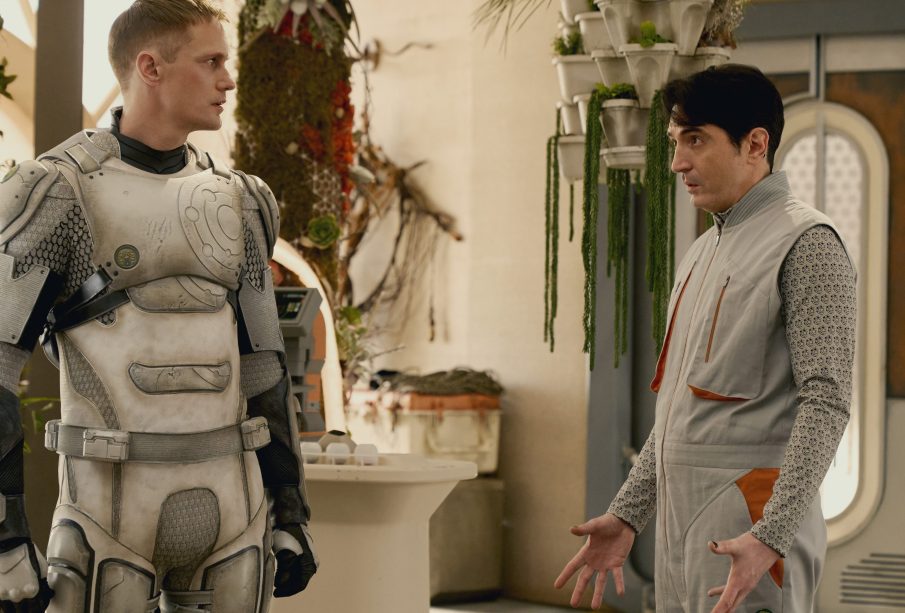The Evolution and Impact of Murderbot in Science Fiction

Introduction to Murderbot
Murderbot, the central character from Martha Wells’ acclaimed ‘Murderbot Diaries’ series, has rapidly become a significant figure in modern science fiction literature. This hybrid of human and machine, equipped with emotions and consciousness, offers unique commentary on themes such as autonomy, identity, and the relationship between technology and society. As readers increasingly engage with complex narratives surrounding AI, understanding Murderbot’s relevance is vital in appreciating contemporary science fiction.
The Journey of Murderbot
First introduced in the 2017 novella ‘All Systems Red’, Murderbot’s original premise revolves around a security android that has hacked its own governor module, granting it autonomy. Instead of carrying out its programming as intended, it chooses to watch soap operas and explore what it means to exist, leading to a captivating blend of action, reflection, and dark humour. Over the course of several novellas, Wells builds on this character’s journey—a struggle for self-understanding against the backdrop of its robotic nature.
Significance in Contemporary Literature
Murderbot’s story addresses poignant questions about sentience and choice. In a world increasingly interwoven with technology, its character resonates with discussions about the future of AI, ethics in automation, and the humanisation of machines. As of 2023, the series has won numerous awards, including the Hugo, Nebula, and Locus Awards, illustrating its critical acclaim and cultural impact. The ability to empathise with a machine redefines traditional views on characters in sci-fi, inviting readers to reconsider their perceptions of intelligence and emotion.
Broader Cultural Impact
The impact of Murderbot extends beyond the pages of books. It has inspired a range of discussions in academic circles exploring the implications of AI on society and has even influenced creators in other media such as film and television. Podcasts, articles, and online forums have sprung up around the series, highlighting Murderbot’s relatability and the societal issues it presents. As society grapples with the rise of AI technologies in real life, the themes presented through Murderbot become increasingly relevant.
Conclusion
Murderbot is not merely a character but rather a cultural phenomenon that pushes boundaries in the science fiction genre. As we advance further into the age of AI, the insights derived from Wells’ work become crucial in navigating the ethical, philosophical, and emotional ramifications of our creations. The enduring legacy of Murderbot will likely continue to inspire future narratives, echoing society’s evolving relationship with technology. For readers and enthusiasts of science fiction, engaging with Murderbot’s story illuminates the complexities of existence, be it human or artificial, and reaffirms the power of literature to challenge conventional ideas.









